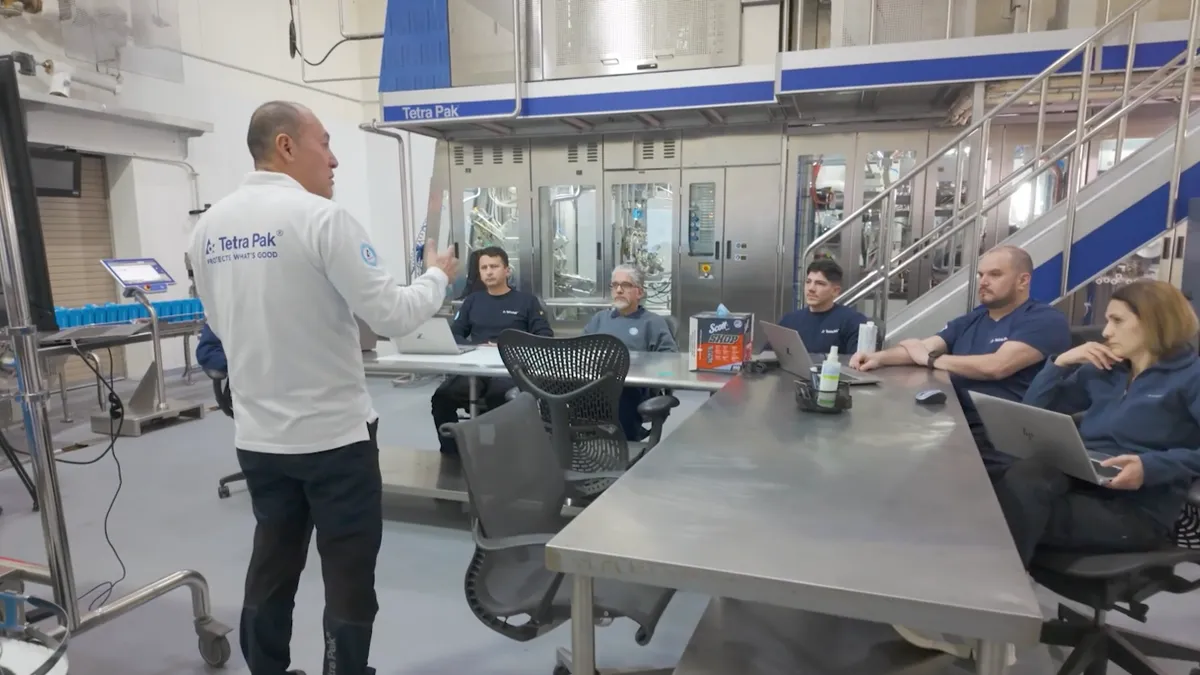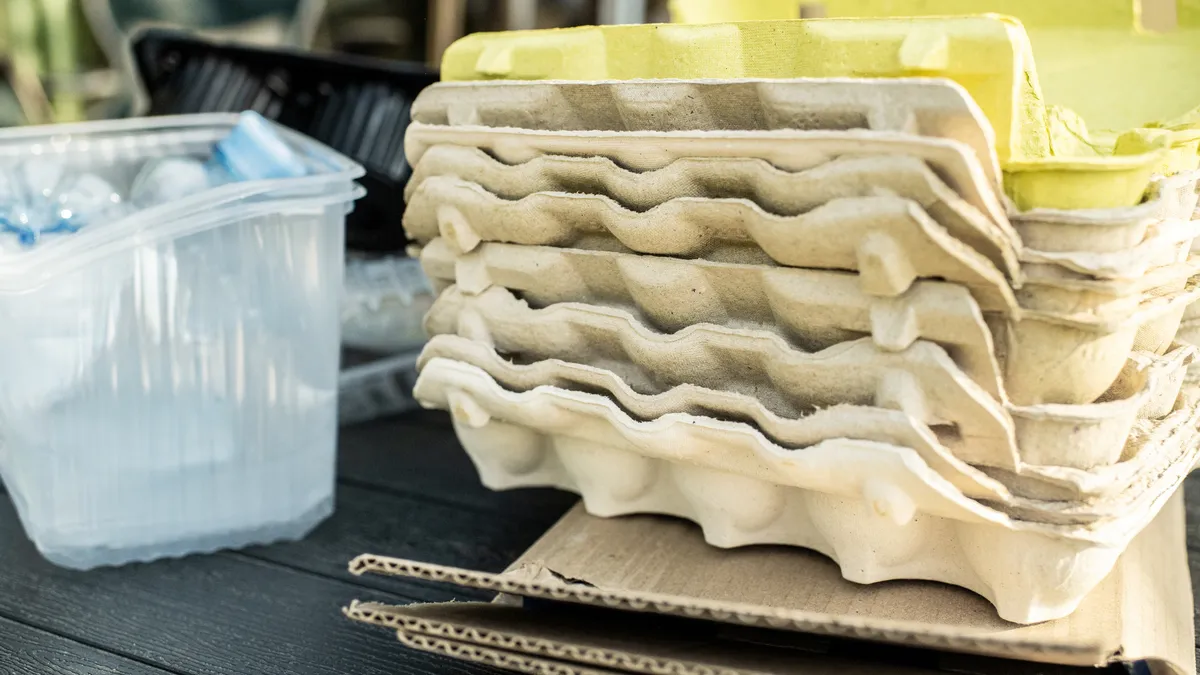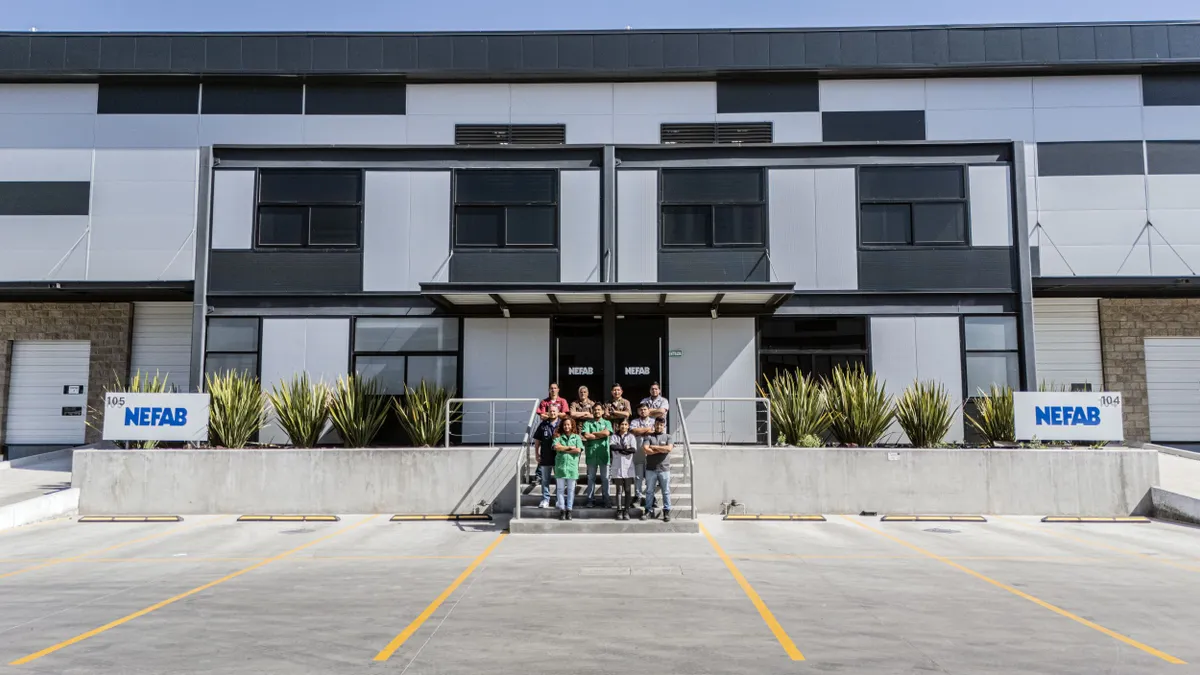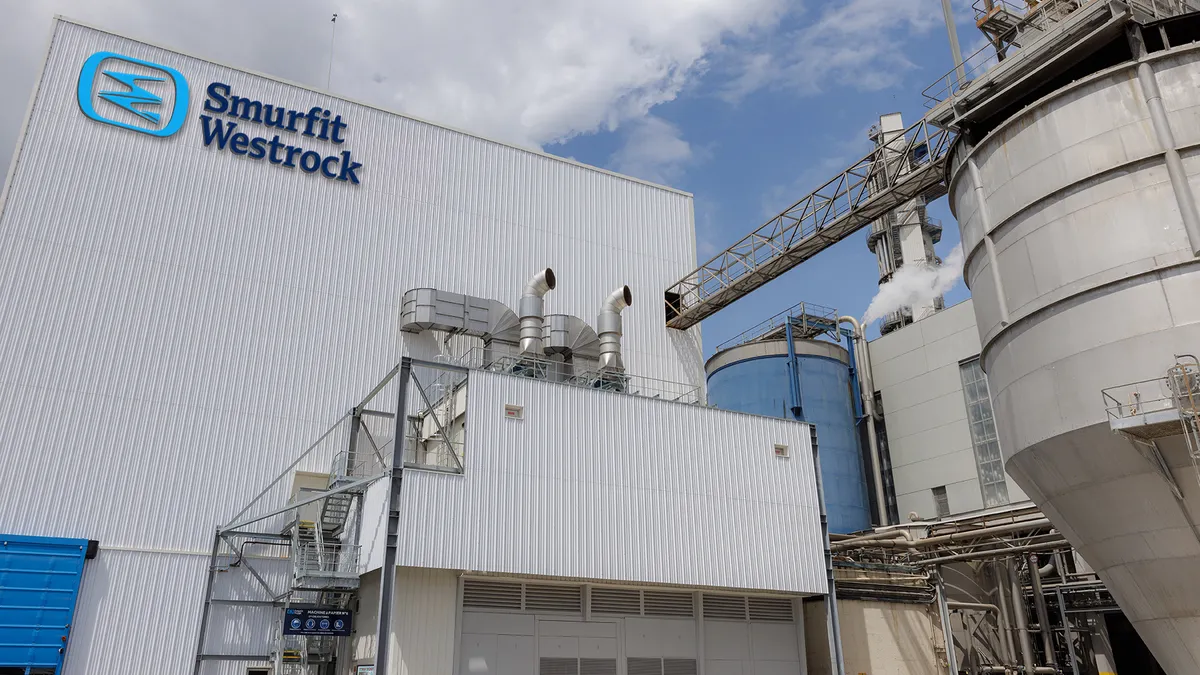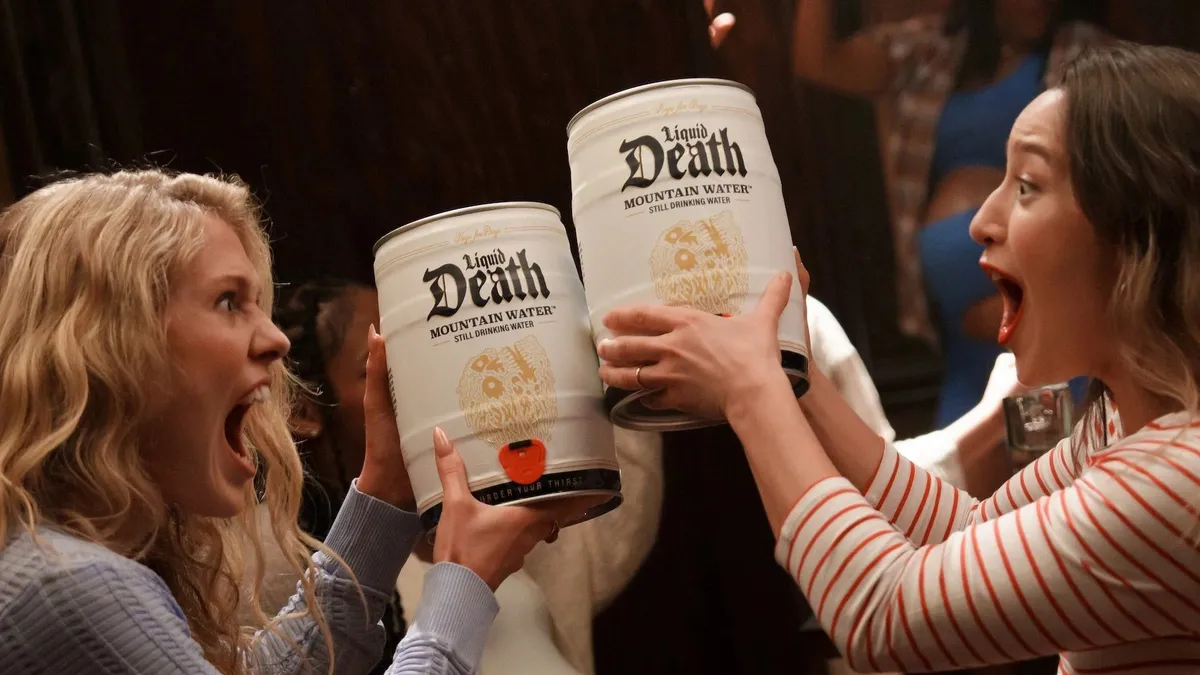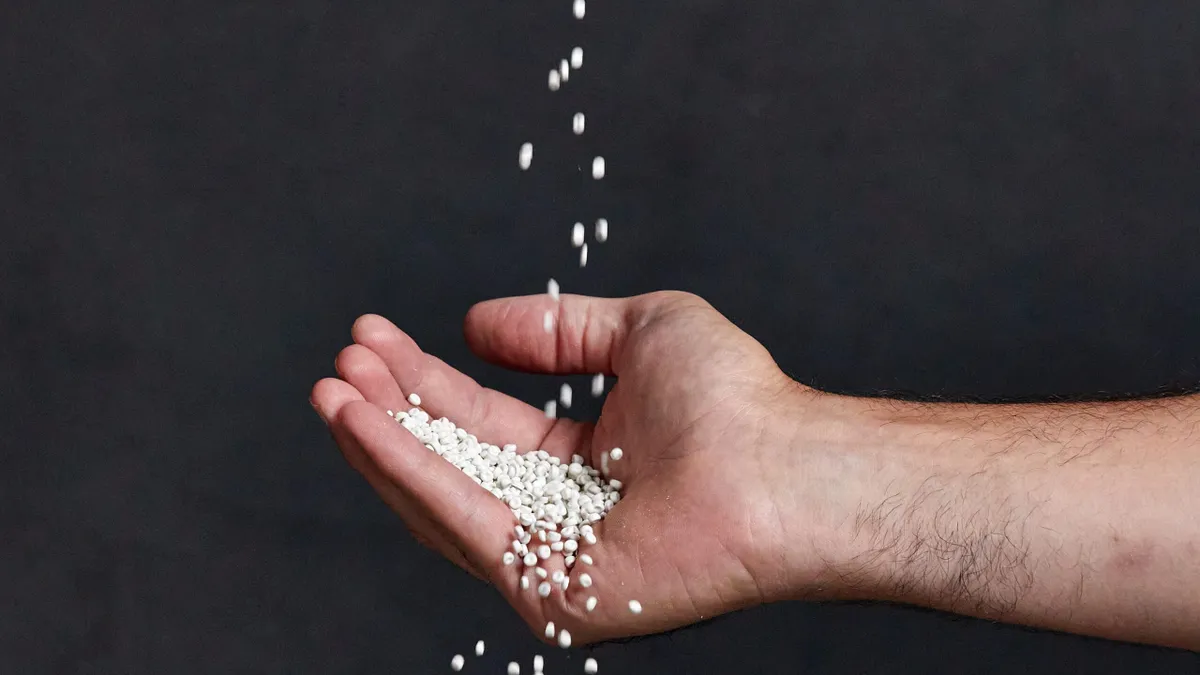Tetra Pak recently expanded its technical training center in Denton, Texas, as it marks the facility’s 25th anniversary this year.
Denton is Tetra Pak’s main training center for North America, providing virtual and in-person learning sessions for employees and customers, according to Fabio Raffone, vice president of customer service operations, Americas. The 9,400-square-foot facility contains learning spaces and state-of-the-art equipment where employees and customers can enhance their knowledge and skills related to operations, maintenance and automation for processing and packaging.
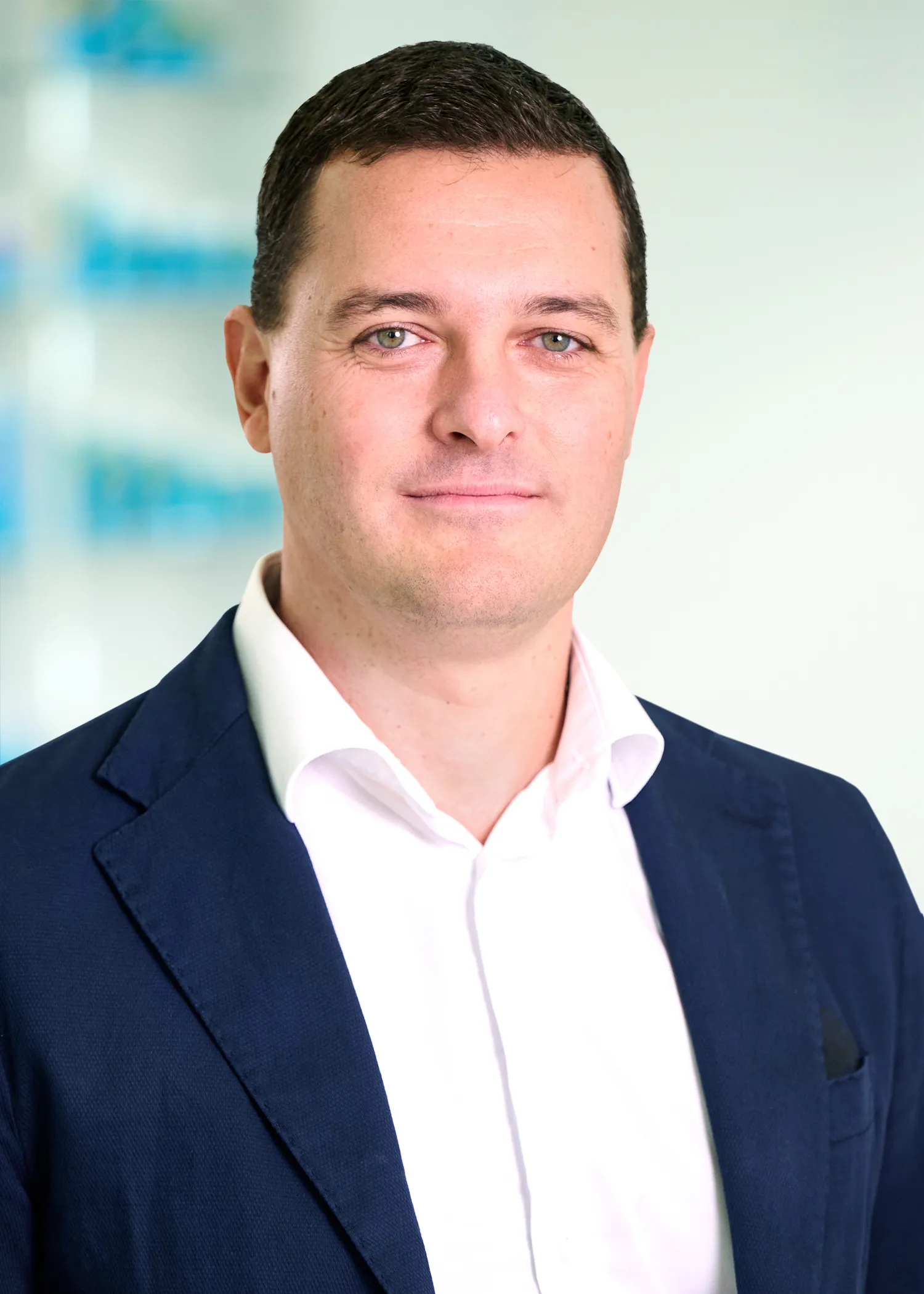
Raffone described seeing trainees experience “aha moments” when connecting what they’ve read in manuals with the in-person, hands-on training. The facility includes a range of different packaging machines, and will soon expand to include the type of equipment for ice cream packaging production. Expanding the facility and updating the training sessions “is a journey, and it will be expandable in the future also,” he said.
Raffone recently spoke with Packaging Dive about the role the Denton center plays and how it’s helping Tetra Pak to develop its workforce of the future.
This interview has been edited for length and clarity.
PACKAGING DIVE: Why is it important for Tetra Pak to have this dedicated training facility?
FABIO RAFFONE: Tetra Pak is innovating. We are producing new equipment, new technologies. We have a lot of patents, we use world-class technologies and we are very advanced in what we do in order to produce the best quality for our customers — but also the best efficiency and the best experience in general.
Our customers are following this and are installing new technologies every year in the market. So this requires competence to be developed in order to follow up and to learn the new technologies and new equipment. Having this training center gives us a huge advantage.
In this environment, we can really do and undo things, we can play with the equipment. We can learn in a safe environment. This would not be possible without a training center.
The training center evolved over time with our different needs and the needs of our customers. It's kind of a magical environment where people are coming every week. They're coming a little bit confused and then they are leaving in a completely different state — much more engaged, much more confident in what they can achieve.
You mentioned the evolution of needs for Tetra Pak and its customers. What training is occurring at the newly expanded facility that didn't occur in the past?
We have what we call key components. Those basically are on the processing side — homogenizers, separators, mixers — all these areas are now present at the training center. We also made an investment to install a packaging machine, that is the latest development, that we call A3/Flex 060V TBA 1000E DIMC, with a volume that is very much utilized here in North America. It is something we are very proud of.
With both a processing component and packaging-filling machine, we can do a number of trainings on the machine that are extremely important to us and to our customers. We have never had in the past the opportunity to develop on the processing side. It's a completely new area that we now have, and we are using it every week.
In parallel, we offer different trainings that are not necessarily on the equipment; we also do that here in the facility. They can be world-class manufacturing trainings or customer management or performance management or automation specific training — you name it.
It is much more automation-oriented these days. The world is evolving in that direction. In the past, it was much more mechanical-focused training. There are a lot of different types of competences we need to develop.
Do both new hires and existing employees partake in and benefit from the training sessions at Denton?
Yes, it's absolutely both. New hires, it goes without saying. It’s clearly a focus group. You hire a new person, you create a development plan, you want to shorten the time for this person to deliver good quality services.
But also, the current people that we have on the team, every year we analyze which are the needs of development for those people and how can we help with the current portfolio or adapting the portfolio. So they are also in the scope. And this can be because we have new technologies coming, but also we have people that have different interests and they want to deep dive and develop further capabilities and competencies. That’s a golden opportunity.
The more we invest in competence development, the more we have reduced turnover and we maximize engagement. The training center is only one of the activities and opportunities we have for competence development, but it is a very important one. It is playing a key factor in order [for] the people that have been with us for a number of years to stay with us, because they see we are still investing in them.
Honestly, it’s the same with customers. Some customers that are suffering high turnover are trying to minimize the investment in training and competence development. This creates a vicious circle because the turnover will be higher and higher, and then some customers stop the service. You need to invest in continuous development that people will be glad and proud of.
What skill areas is Tetra Pak focused on boosting for the workforce of the future?
It starts from the basics of operation and maintenance: How to operate the equipment and what different skills and competences are needed. Then it evolves much more to automation.
It is about how to optimize performance on a line that is in a customer environment and not only in the training center. The total cost of ownership, from a customer point of view, can be reduced by improving performance and optimizing.
It’s also all the apps that we provide to our customers and to ourselves, our engineers, where they can access data. They can access the history of what has happened on these specific pieces of equipment, they can access our vast database of inputs, potential upgrade kits, issues that have happened, spare parts — all of this.
The more we are scaled on the world-class manufacturing, the better it is. It's not only for technical people that are attending some of these trainings, but also our sales force is attending.
Does sustainability play a role in the innovation and training?
So in our development, we try always to have machines that are more efficient — to utilize the least possible amount of water and materials and reduce waste in general. Another example is we moved to digital training content so we don't waste paper here, which is very much appreciated by the younger generation.
We have worked a lot on a digital journey, not only for the material or the training center, but also to allow people to start the journey of developing new competences online with self-paced learning, from online videos that were created both for internal [use] and for customers, and then come into the training center and practice the actual skills on the machine.
Besides sustainability, have you noticed other focal points for the younger generation which could be areas of opportunity for Tetra Pak? Conversely, does the younger generation have any specific knowledge gaps that Tetra Pak wants to address?
In general, in my personal opinion here, they are moved by making an impact. So you need to have a very strong purpose and keep people engaged by making an impact on the world with what you're doing.
When you have a very clear purpose, you wake up in the morning and you go to work with that in mind. I think we have a very strong purpose at Tetra Pak: to make food safe and available everywhere. We normally say that we are here to protect the food, the planet and the people: to “protect what's good.” This is helping us engage.
They're also very visual, the younger generation. So if we connect that to the training, the videos and the online, self-pacing activities are helping a lot with the younger generation — even more than with the experienced people that we have that working for us. Of course, doing it live on equipment here is helping very much the younger generation in translating the video to what they will have in real life and what they will do at a customer site once they are ready.
On your second part of the question, the challenge is that the world is so dynamic that the younger generation sometimes has to change very fast. It takes time to experience a number of different things that might happen at the customer site or interacting with our equipment. That time makes you specialized or very good at what you're doing.
The younger generation might tend to jump from one company to another quicker, and this, of course, affects that [experience and specialization]. So it's our job here to make sure that they develop competence in a very dynamic way. We have a new challenge every day, every month, every quarter with the younger generation and to listen to them in order to ensure that we don't have a very high turnover.



